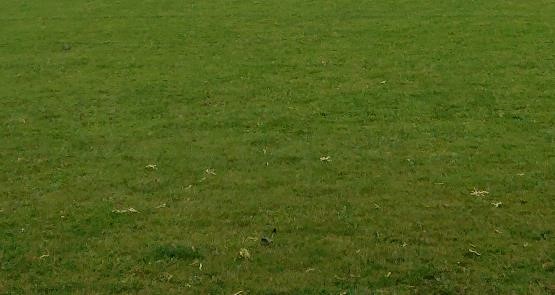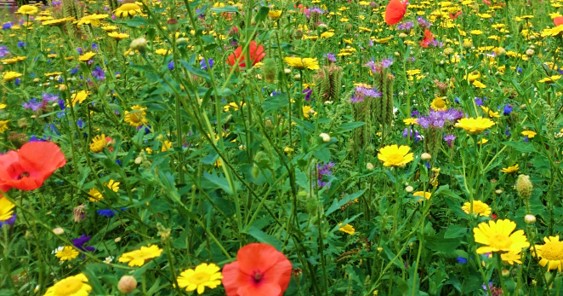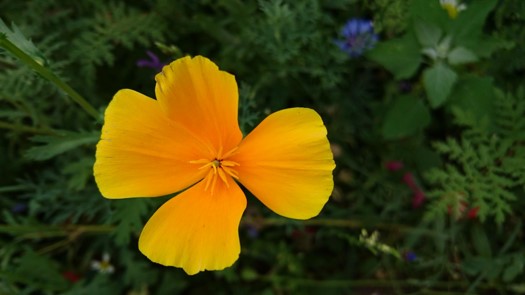MowTown Blog
The lawn is back; Halleluiah!
 Now you may have not realised that it had gone anywhere. But for several years now in the UK the classic lawn of fine-leaved grasses has been under attack from eco-warriors wanting lawns to be hotspots of diversity, welcoming non-grasses and their invertebrate pollinators alike.
Now you may have not realised that it had gone anywhere. But for several years now in the UK the classic lawn of fine-leaved grasses has been under attack from eco-warriors wanting lawns to be hotspots of diversity, welcoming non-grasses and their invertebrate pollinators alike.
This is (of course) a silly over simplification of a serious debate about what gardens can contribute to the sustainable cultivation and management of planet Earth. There is little doubt in the minds of well-informed people that gardens are an important refuge for many species in the urban environment and as a result the urban environment can be more species rich than the countryside.
 There are many places in a garden where a wild flower meadow can be cultivated. I have just cut my “meadow” that is a 6m strip by a 100m conservation hedge of a dozen native shrubs.
There are many places in a garden where a wild flower meadow can be cultivated. I have just cut my “meadow” that is a 6m strip by a 100m conservation hedge of a dozen native shrubs.
The meadow will now be mown until October, and the clippings removed to lower the fertility of the soil. This will promote more diversity because the nitrogen-fixing members of the bean family will thrive. During the autumn the ground will be roughed up a bit and seeds of yellow rattle will be sown. This pretty yellow flowered plant is semi-parasitic on the grasses, giving the other non-grasses a better chance of succeeding.
 This micro-meadow is home to many invertebrates and two slightly miffed frogs who hopped out of the way of the lawn mower. However, it is not the best place if you want to play ball games and why should we not be able to do this in our gardens?
This micro-meadow is home to many invertebrates and two slightly miffed frogs who hopped out of the way of the lawn mower. However, it is not the best place if you want to play ball games and why should we not be able to do this in our gardens?
Without a place that is suitable for cricket, how is England ever going to produce a team to beat the Aussies? I for one am delighted to see that it is now acceptable for 100%-grass lawns to be cherished.
Gardens - for beauty, for bio-diversity, for good health
Gardens and gardening fulfil so many different roles. Whether you have a garden, or nurture plants in an environment with more limited space, such as window boxes, there are so many benefits to be had. Flowers can be beautiful to look at, as well as having nice fragrances. Gardens and window boxes help pollinators and encourage a healthier eco-system. Cultivating plants, or gardening can also promote good mental and physical health (so long as you don't overdo it!). Lawns can be treasured - for sunny afternoons and evenings in the summer, or for children to play on.
ACS have a great many courses available which will help you to cultivate a better lawn, and to have a healthier and more beautiful garden. Our courses are geared to different levels of existing knowledge, and have been developed by highly knowledgeable horticulturalists.
All of our courses are studied by distance learning and you choose to study where and when you want to (in your garden if the weather suits!). Our tutors are on-hand to support and guide our students throughout their studies and, although you study by distance learning, many of our courses also include many practical elements which help with your learning.
Our selection of courses are designed to be enjoyed by home gardeners and those studying to improve their careers or expand their business enterprises. If you would like to know more, get in touch with our specialist horticulture tutors today - they will be happy to answer your questions and look at the different course options available to suit you.
[28/01/2026 01:37:03]
More from ACS
Over 150 short courses, certificates and diplomas covering landscaping, crops, plants of all types and general gardening.